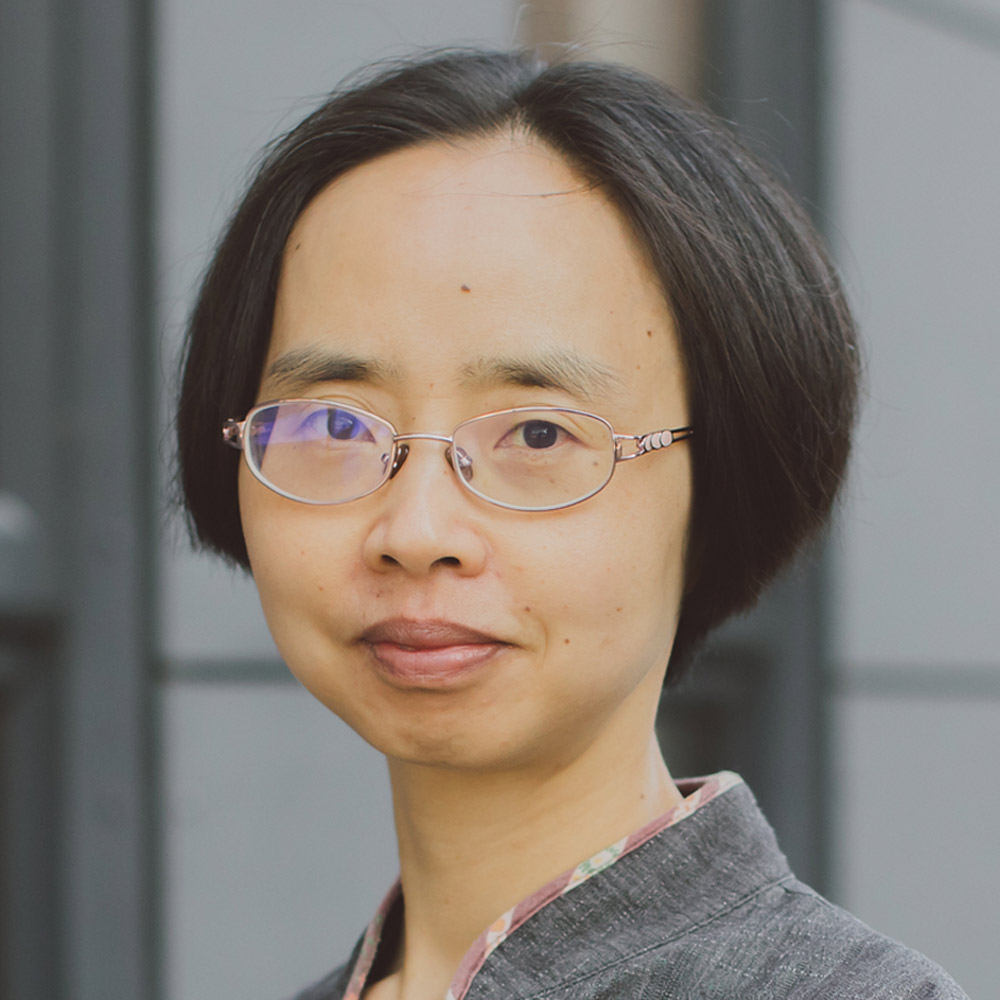Dr Zhou Xun
Dr Zhou Xun is Reader in History at the University of Essex. Dr. Zhou is one of Europe’s leading historians, media researchers, and analysts specialising on modern China. Author/co-author/editor of many ground-breaking books, i.e. Disease, Religion and Healing in Asia (2015), Social History of Drug Consumption in Modern China (2004) and Global History of Smoking (2004), Dr Zhou is among a growing number of historians who are pioneering the history of the PRC using new oral & archival evidence. Based on thousands of archival documents and hundreds of interviews she collected, her documentary and oral history works on the Great Famine in China (2012 & 2014) are powerful accounts which have helped to reshape our understanding of modern Chinese history.
Dr Zhou is the author of two new books. The People’s Health: Health Intervention and Delivery in Mao’s China, 1949-1983 (McGill-Queen University, 2020) is part of the European Commission Research Executive Agency funded project. Capitalising on previously unseen archival sources from across China AND extensive oral interviews with the participants at the expert and grassroots level, this book sets out to develop a nuanced understanding of the Chinese approach to health. It explores the processes through which the PRC's health system was conceived and the political context in which they were, and could be evaluated. The book contributes to global health policy debates concerning the importance of political commitment to health, sustained investment, and access to health, the pursuit of community engagement, and action on the wider determinants of health. Her co-authored book “I Know Who Caused COVID-19”: Pandemics and Xenophobia (Reaktion Books and University of Chicago Press, 2021) is a timely and important study that provides penetrating analysis of how blame is attributed, by dissecting the terms of some of the most contentious and polarising debates that have emerged during the pandemic—trust in science versus anti-science and scepticism of science or support for mask or vaccine mandates versus libertarian notions of freedoms. It also highlights how collective understandings of history can be instrumentalised into powerful symbolic and rhetorical weapons to either justify adherence to or rejection of life-saving measures such as masking, physical distancing, and vaccination.
Dr Zhou has also a long track record in media activities. Some of her interviews amongst famine survivors have appeared in the award-winning French documentary film Mao’s Great Famine (2012). Between 2012 and 13, Dr Zhou also wrote a regular Op-Ed column for the South China Morning Post in Hong Kong. In the beginning of the Covid pandemic in 2020, Dr Zhou was regularly interviewed by major news media such as the New York Times and BBC to comment on the Covid-19 crisis in China.



